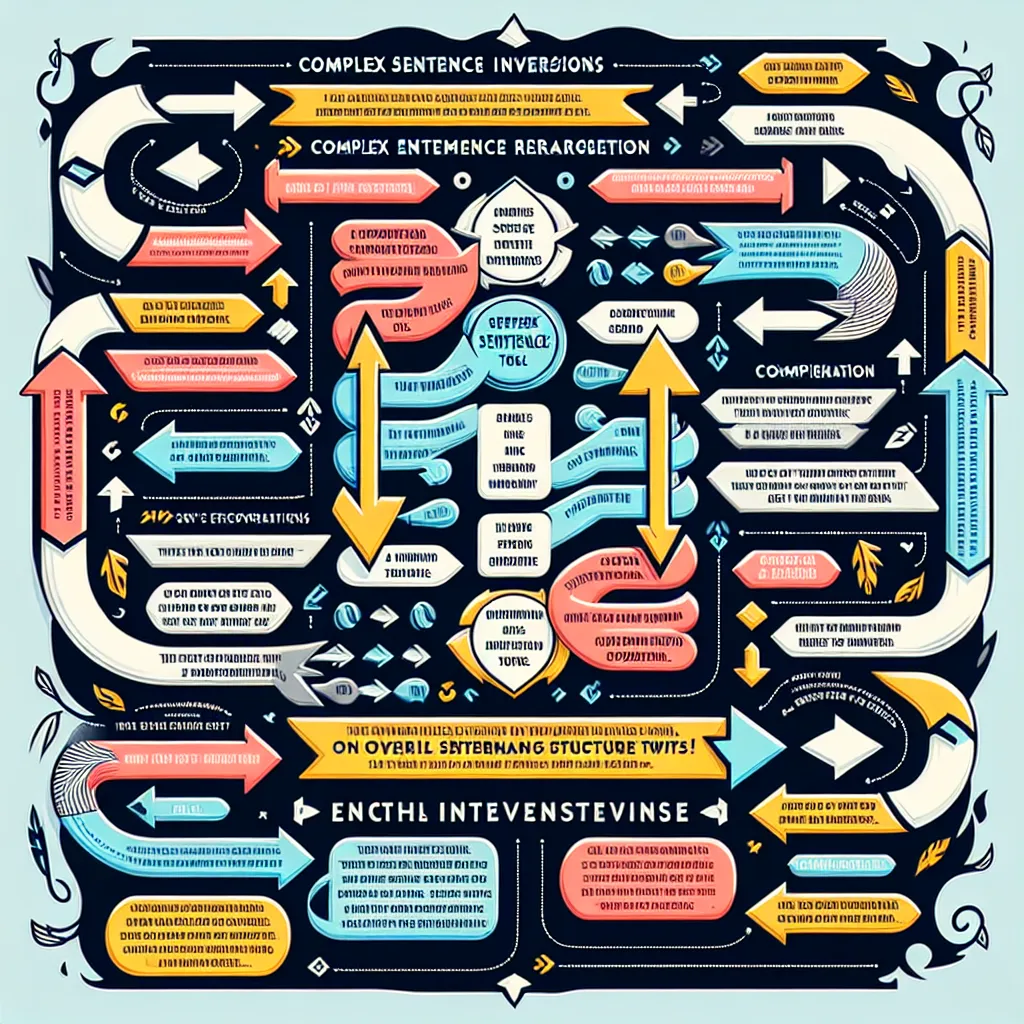Writing is one of the most effective ways to enhance your English grammar skills. By actively engaging in the writing process, you can reinforce your understanding of grammatical rules, expand your vocabulary, and develop a more nuanced grasp of language structures. This article will explore various strategies and techniques to help you improve your grammar through writing.
Understanding the Importance of Grammar in Writing
Grammar forms the backbone of effective communication in English. It provides the structure and rules that allow us to convey our thoughts clearly and precisely. When you focus on improving your grammar through writing, you’re not just learning rules; you’re developing a vital skill that will enhance your overall language proficiency.
 Importance of Grammar in Writing
Importance of Grammar in Writing
The Role of Writing in Grammar Improvement
Writing allows you to practice and apply grammatical concepts in a tangible way. Unlike speaking, writing gives you the time to think, revise, and perfect your language use. Here’s how writing contributes to grammar improvement:
- Active application of rules
- Opportunity for self-correction
- Development of language patterns
- Enhanced awareness of sentence structure
Strategies to Improve Grammar Through Writing
1. Keep a Daily Writing Journal
One of the most effective ways to improve your grammar is through consistent practice. Keeping a daily writing journal allows you to:
- Express your thoughts freely
- Experiment with different sentence structures
- Identify recurring grammar issues
Tip: Set aside 15-20 minutes each day for journal writing. Don’t focus on perfection; instead, use this time to explore and experiment with language.
2. Use Online Grammar Checkers
While not infallible, online grammar checkers can be valuable tools in your learning process. They can help you:
- Identify basic grammatical errors
- Learn about common mistakes
- Understand the reasons behind corrections
Popular grammar checkers include Grammarly, ProWritingAid, and Hemingway Editor. However, it’s important to use these tools as learning aids rather than relying on them entirely.
3. Practice Sentence Combining
Sentence combining is an excellent exercise for improving your understanding of complex sentence structures. It involves taking multiple simple sentences and combining them into more sophisticated ones. For example:
Simple sentences:
- The cat is black.
- The cat is sleeping.
- The cat is on the couch.
Combined sentence:
The black cat is sleeping on the couch.
This exercise helps you understand how different grammatical elements work together to create more complex and engaging sentences.
4. Engage in Peer Review
Sharing your writing with others and reviewing their work can significantly enhance your grammar skills. This practice:
- Exposes you to different writing styles
- Helps you identify errors in others’ work, which improves your own awareness
- Provides valuable feedback on your writing
Consider joining a writing group or finding a language exchange partner to practice peer review regularly.
 Peer Review in Writing
Peer Review in Writing
5. Study and Imitate Good Writing
Reading and analyzing well-written texts can greatly improve your grammar. Choose books, articles, or essays in areas that interest you and:
- Pay attention to sentence structure
- Note how punctuation is used
- Observe the use of transitional phrases
- Try to imitate the style in your own writing
For more insights on learning grammar through reading, check out our article on how to learn grammar through watching English movies.
6. Focus on One Grammar Point at a Time
Trying to improve all aspects of your grammar simultaneously can be overwhelming. Instead, focus on one specific grammar point for a week or two. For example:
- Week 1: Master the use of commas
- Week 2: Practice using relative clauses
- Week 3: Focus on subject-verb agreement
By concentrating on one area at a time, you can make steady progress without feeling overwhelmed.
Common Grammar Mistakes to Watch For
As you practice writing, be aware of these common grammar mistakes:
- Subject-verb agreement errors
- Incorrect use of pronouns
- Misplaced or dangling modifiers
- Run-on sentences or sentence fragments
- Inconsistent verb tenses
Keeping these in mind will help you catch and correct errors in your writing more effectively.
Advanced Techniques for Grammar Mastery
Once you’ve developed a solid foundation, consider these advanced techniques:
1. Write in Different Genres
Experimenting with various writing styles and genres can expose you to different grammatical structures. Try your hand at:
- Creative fiction
- Formal essays
- Journalistic articles
- Technical writing
Each genre has its own conventions and challenges, which can broaden your grammatical repertoire.
2. Analyze Your Own Writing
Regularly analyze your own writing to identify patterns and areas for improvement. Keep a log of your common mistakes and actively work on eliminating them in future writing tasks.
3. Explore Complex Grammatical Structures
Challenge yourself by incorporating more advanced grammatical structures into your writing, such as:
- Conditional sentences
- Passive voice constructions
- Reported speech
- Inverted sentence structures
For more advanced grammar tips, especially for persuasive writing, visit our guide on advanced grammar for persuasive writing.
Conclusion
Improving your grammar through writing is a gradual process that requires consistent effort and practice. By incorporating these strategies into your learning routine, you can make significant progress in your grammatical accuracy and overall writing skills. Remember, the key is to write regularly, be mindful of your grammar choices, and continuously seek feedback and opportunities for improvement.
As you continue your journey to grammar mastery, don’t forget to explore other learning methods. Our article on tips for learning grammar through listening offers complementary strategies to enhance your overall language skills.
Keep writing, stay curious, and watch as your grammar skills flourish through the power of the written word!




